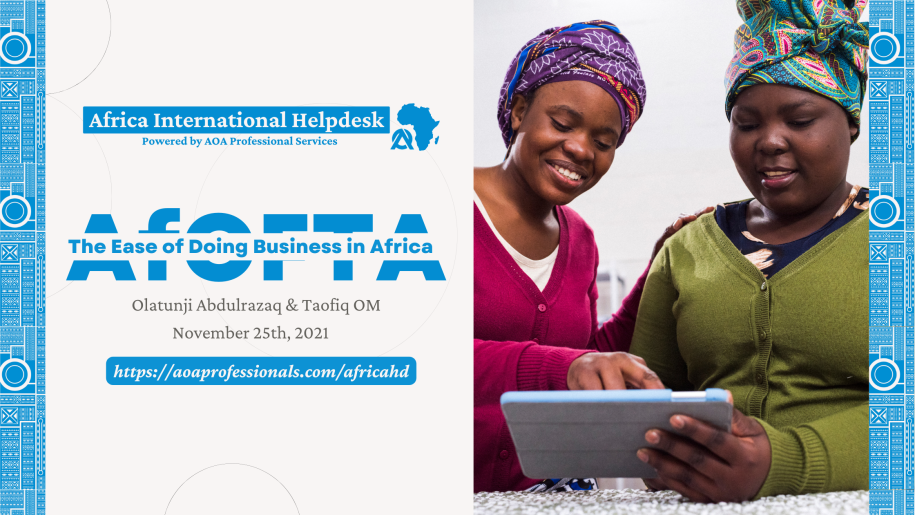The African Continental Free Trade Area (AfCFTA) agreement will create the largest free trade area in the world measured by the number of countries participating. The pact connects 1.3 billion people across 55 countries with a combined gross domestic product (GDP) valued at US$3.4 trillion. The combined gross domestic product (GDP) of AfCFTA economies is valued at US$3.4 trillion.
With the potential to lift 30 million people out of extreme poverty, achieving its full potential will depend on putting in place significant policy reforms and trade facilitation measures.
World Bank Report
The agreement will encourage trade relations in Africa by removing tariffs for over 90% of goods traded between member countries. Expectedly, it will lead to the free movement of people within the continent, thereby enabling a single market for air and road transportation.
The just-concluded Intra-African Trade Fair (IATF2021) hosted by South Africa in Durban also revealed that the AfCFTA is poised to boost commerce across Africa, with $40 billion of trade and investment deals. According to the UN Economic Commission for Africa (UNECA), the AfCFTA agreement has the potential to boost intra-African trade by more than 50% from the low level of 13%.
AfCFTA provides an opportunity to improve trade facilitation more widely in the continent at borders and along corridors between African countries. The trade facilitation agreement would provide the framework and access to knowledge to guide such improvements, and AfCFTA provides the political momentum and additional commitment mechanism to support broad implementation.
In addition, the AfCFTA benefits member countries by lowering costs for consumers and producers, reducing administrative red tape, and reducing compliance costs. Of course, the reduction in tariffs will be of benefit to lower the prices of imported goods for consumers, as well as for producers using intermediate inputs.
In some member countries like Nigeria, Minister of Industry, Trade and Investment, Adeniyi Adebayo, has said the President Muhammadu Buhari administration is adopting a legislation-backed policy to promote the ease of doing business in the country. He added that the revised Companies and Allied Matters Act (CAMA) 2020 and the Petroleum Industry Act 2021 have repositioned the country as an investment destination of choice in Africa. The minister further said that the African Continental Free Trade Area Agreement (AfCFTA) implementation plan is undergoing adoption by the Ministries, Departments, and Agencies (MDAs). According to him, the move is geared at ensuring that existing policy frameworks maximize benefits to the advantage of Micro, Small, and Medium Enterprises (MSMEs).
In conclusion, the trade will grow substantially with the following stats:
- The volume of total exports will increase by almost 29% by 2035.
- Intracontinental exports increase by over 81%.
- Exports to non-African countries increase by 19%.
“It is clear that we must find an African solution to Africa’s problems, and that this can only be found in African unity. Divided, we are weak; united, Africa could become one of the greatest forces for good in the world.”
(Dr. Kwame Nkrumah)
DISCLAIMER:
The material contained in this publication is provided for general information purposes only and does not contain a comprehensive analysis of each item described. Before taking (or not taking) any action, readers should seek professional advice specific to their situation. No liability is accepted for acts or omissions taken in reliance upon the contents of this alert.
AOA Professional Services is an indigenous tax, regulatory and advisory service firm driven by the values of professionalism and partnership. For further information on the subject matter, reach out to our Africa International Helpdesk

